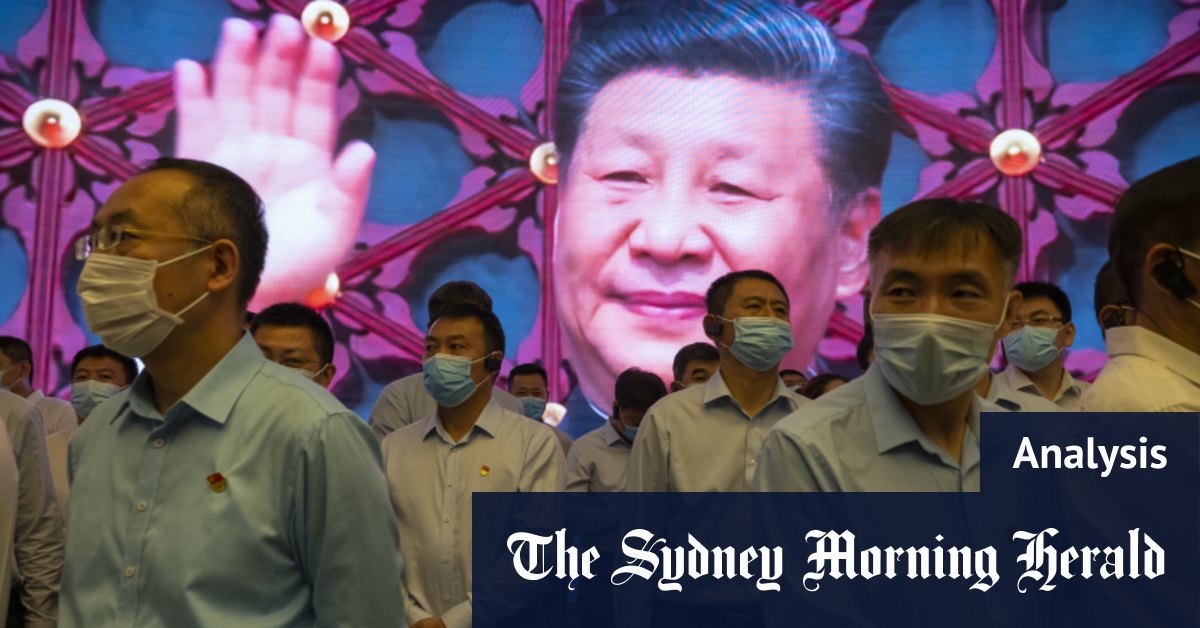Chinese leader’s consolidation of power makes him bigger target as economic slowdown that’s hit household wealth sees protests rise
Xi Jinping’s consolidation of power has cleared the path for him to break China’s cycle of debt-driven growth and put the economy on a more sustainable footing. But there’s a big problem: he’s failing to convince the nation that’s a good idea.
As the world’s second-biggest economy undergoes a prolonged slowdown, Xi’s move to shun the old playbook of unleashing broad stimulus is spurring discontent. The China Dissent Monitor, a project of US-based Freedom House that collects information on protests, says economic demonstrations have remained elevated since August, with many focused on labour disputes and a real estate crisis that’s cutting into household wealth.
…
While the growing angst doesn’t pose an immediate threat to Xi, who has amassed more power than any Chinese leader since Mao Zedong, broader discontent threatens to exacerbate weakened confidence as consumer prices drop at the fastest pace since the global financial crisis. The domestic strife comes as foreign investors turn away from China, with direct overseas investment in 2023 slumping to a 30-year low.
At the same time, there are fewer checks on Xi’s policymaking. The Chinese leader has upended Communist Party norms since consolidating power and installing a coterie of loyalists in 2022, marking a shift from the more collective decision-making that helped propel China’s economic rise. That is also making Xi more of a target as his push to deleverage the property sector leads to a slowdown that’s starting to impact the wider population.
Oh, bother…
Lol I really don’t know how to feel about these articles. They’re the competition of the West, but also a frenemy who’s so entangled in our globalized economy, what’s bad for the goose is bad for the gander
Removed by mod




